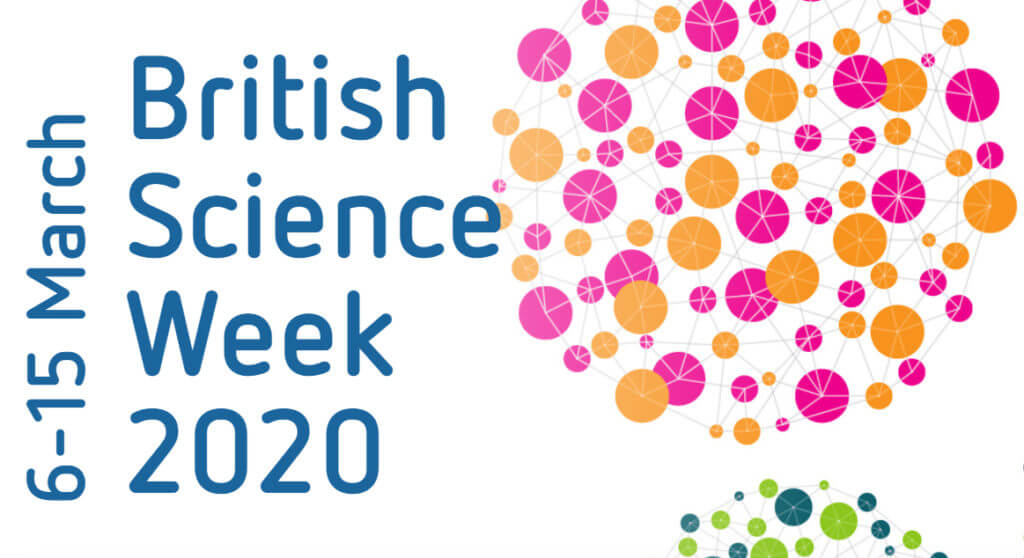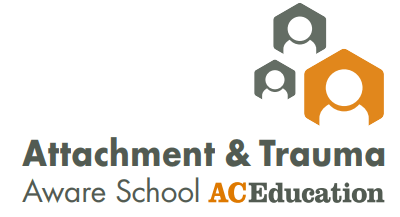
British Science Week
9th-13th March 2020
During this week we have been participating in British Science Week. The children’s learning throughout the week was themed around the topic of ‘Our Diverse Planet’. Each year group celebrated the amazing diversity we see across the world. From biodiversity to cultural and societal diversity, from the diversity of knowledge to STEM careers and subjects! Our focus was to encourage our children to think about everyday discoveries and how they affect their lives by exploring science in the world all around us.
This children were given the opportunity to celebrate our diverse planet on Monday by dressing up in a wide variation of scientific costumes. I was so impressed with how creative the costumes were!
Once again, we invited parents into school to share their knowledge and expertise with our children. Our parent volunteers came from a range of careers and experiences, from engineers, designers and architects to scientists and technicians. These workshops truly inspired the children and allowed them to develop their scientific enquiry skills and learn about particular areas of expertise that require scientific knowledge and skills. A special thank you to everyone who was involved.
It was also wonderful to meet with the Science Ambassadors this week and hear them discuss their science learning so enthusiastically. Next week, the Science Ambassadors will be looking through all of the excellent poster entries and awarding prizes to one child in each key phase. A huge thank you to all of the children that entered our Science Week poster competition!
Mrs Fraser
Please see below for a brief description of what each year group have been learning about in their Science lessons this week:
In Nursery we have been looking at how diverse our classroom is, and used the story ‘All Are Welcome’ as our starting point. We have explored the diverse range of talents in our classroom, compared different languages that we can speak, and examined how we all look different. We even found out that none of our fingerprints are the same.
In Reception the children learnt about animals that live in the woods and their features. They used their senses to explore different food from around the world and where that particular food originated from.
In Year 1 the children have been learning about a range of different materials, including: wood, leather, plastic, glass, metal, fabric. They used this to design and make space themed vehicles.
In Year 2 the children have been investigating how plants grow locally and in different parts of the world. The children were introduced to the requirements of plants for germination, growth and survival, as well as to the processes of reproduction and growth in plants. The children were able to work scientifically by: observing and recording, the growth of a variety of plants as they change over time from a seed. They also observed similar plants at different stages of growth; and set up their own comparative tests to show that plants need light and water to stay healthy.
Year 3 have been learning about different invertebrates in our local habitat. The children looked for invertebrates in our local environment and their habitats, they found out more about them, created fact files, then designed and built a bug hotel which would suit all of their diverse needs.
Year 4 have been classifying animals by creating a variety of classification keys for vertebrates. They also looked at classification keys for invertebrates and then used these to classify what they found as we explored the school grounds. They carried out a local survey of habitats, linking habitats to the 7 life processes.
Year 5 have been researching what grows best in which climate. They collected data about the most popular vegetables according to the children in year 5, and then the children chose what they would grow! Mostly they chose carrots and peas, as these were the most popular to eat amongst the children. The children have also been planning their own investigations to find out what can help seeds to germinate faster, such as rubbing them with sandpaper or soaking in acid!
This week in Year 6 they have been investigating the Arctic and Antarctica and comparing it to different regions around the world. The children loved investigating their very own icebergs and deciding what their experiment would focus on. Some groups tracked their icebergs melting rate, whilst others investigated how salt reacted with their iceberg.



